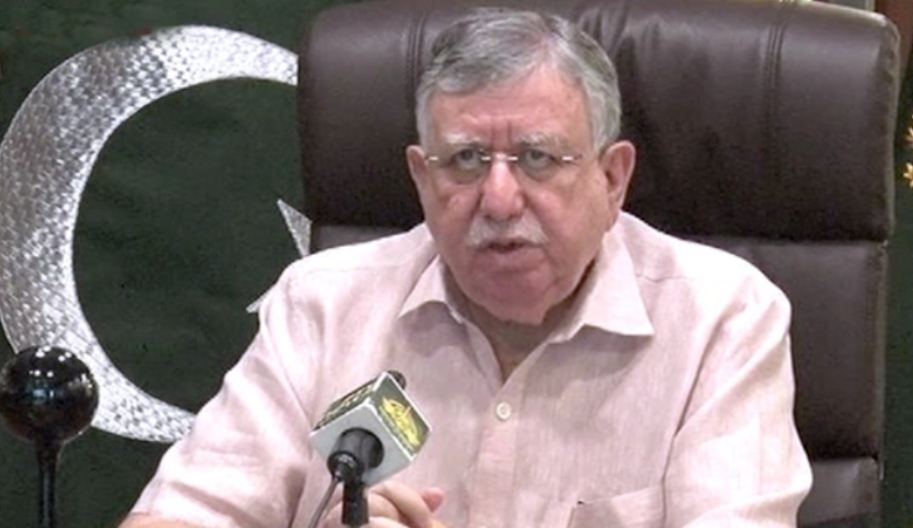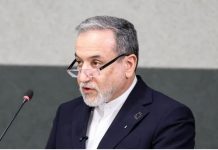WASHINGTON: Adviser to the Prime Minister on Finance and Revenue Shaukat Tarin left Washington on Thursday without concluding the talks that could have led to a much-needed endorsement of the government’s economic policies by the International Monetary Fund (IMF).
The minister, however, leaves behind Finance Secretary Yousaf Khan to further pursue the talks for the resumption of a $6 billion loan facility that would bring an immediate relief to the cash-starved government by delivering a suspended tranche of $1bn.
Mr Tarin first came to Washington in early October and went to New York on Oct 15 after a 10-day stay. He was scheduled to fly to London from there, but returned to Washington on Tuesday as an IMF official said at a news briefing that the talks had progressed to “a very good step.”
Till Wednesday evening, the Pakistan delegation expected a positive outcome and scheduled a news briefing on Thursday morning to share the good news with the media. However, they sent another alert to the media late at night, cancelling the briefing.
GOVT UNWILLING TO TAKE STEPS NEEDED TO REDUCE GAP BETWEEN REVENUES & EXPENDITURE
Later Thursday, Mr Tarin quietly left Washington, hopping on a train to catch an international flight from New York. He may join Prime Minister Imran Khan who is scheduled to visit Saudi Arabia this weekend.
During his two visits to Washington, Mr Tarin met IMF Managing Director Kristalina Georgieva and other officials twice, and after both meetings each side expressed the hope that the consultations would soon lead to a positive conclusion. They did not.
Pakistani officials, however, still insist that it would be a mistake to say the talks had failed. “I think we are in a good place,” said one of them. “We are getting positive vibes.”
During Mr Tarin’s second visit, his office shared with the media the copy of a government notification saying that he had now become an adviser.
Mr Tarin, who was the finance minister when he first came to Washington earlier this month, is now the financial adviser to the prime minister as he had to be a member of parliament to retain the minister’s position.
Although Mr Tarin’s team stayed silent on IMF-Pakistan talks, sources in the Fund said the government was reluctant to take certain steps needed to reduce the ever-widening gap between revenues and expenditure. Apparently, the government fears that such measures could lead to a price hike and inflation and the government could not take such risks so close to general elections.
The problem areas highlighted by the IMF include electricity and government enterprises, such as PIA and Pakistan Steel Mills. Sources at the Fund argue that releasing the next tranche — of $1bn — was not the real issue as the IMF had recently released $2.7bn to help Pakistan deal with the Covid-19 crisis.
According to these sources, concluding an IMF programme with a country sends a positive signal because the programme involves economic management. “When the market learns the IMF is monitoring Pakistan, it enhances the country’s market standing,” said one of the sources.












